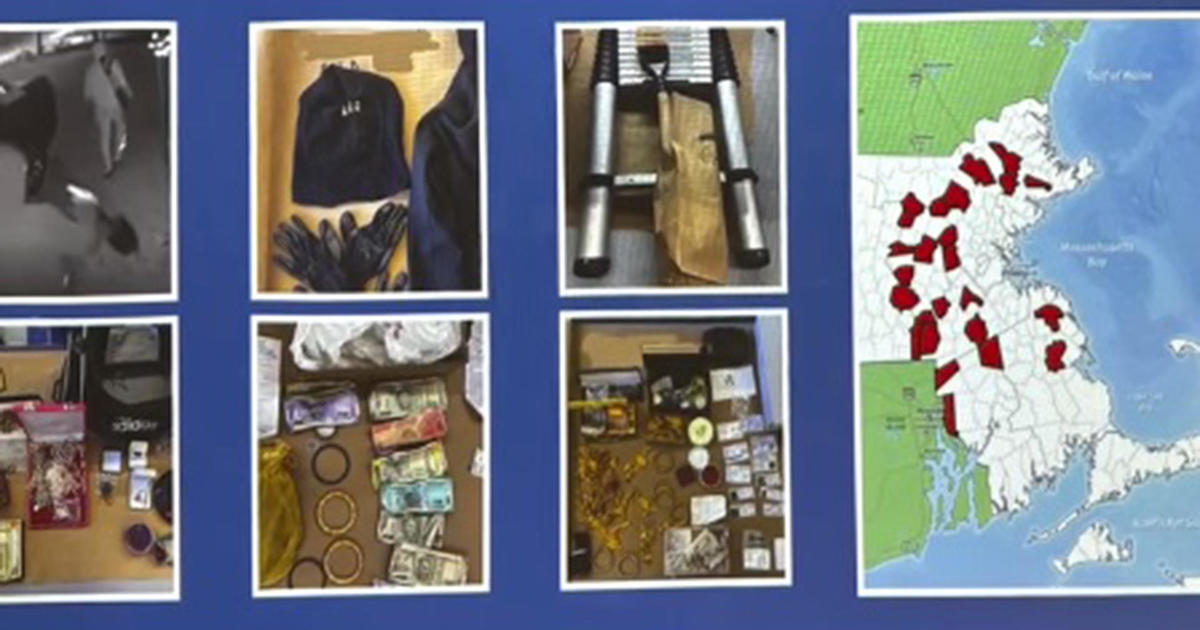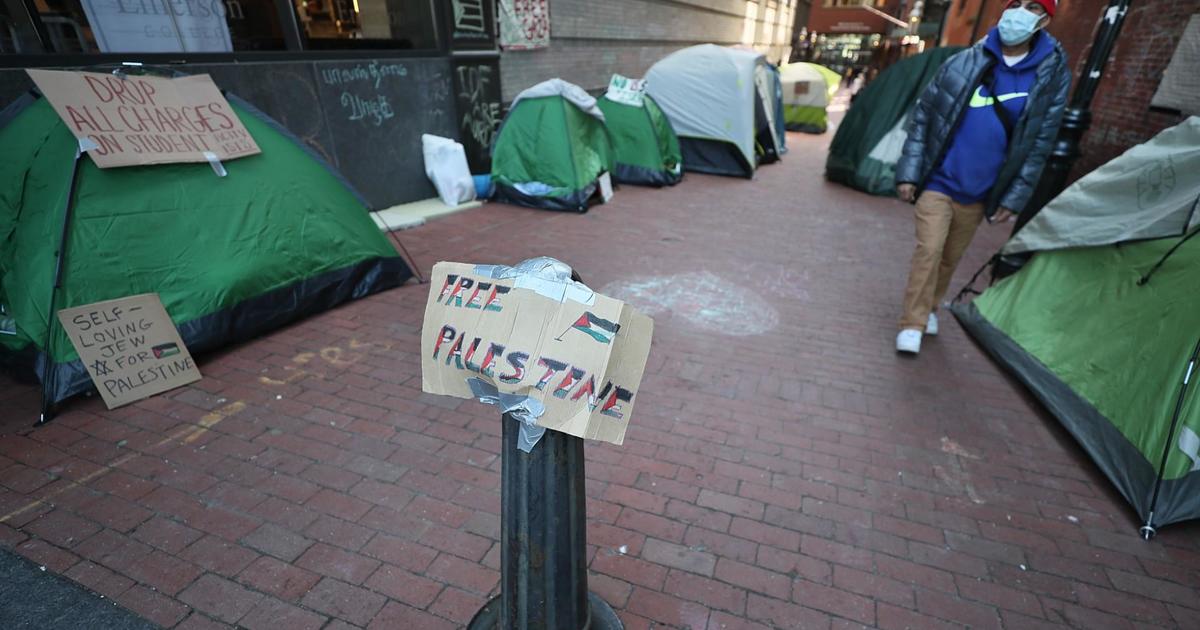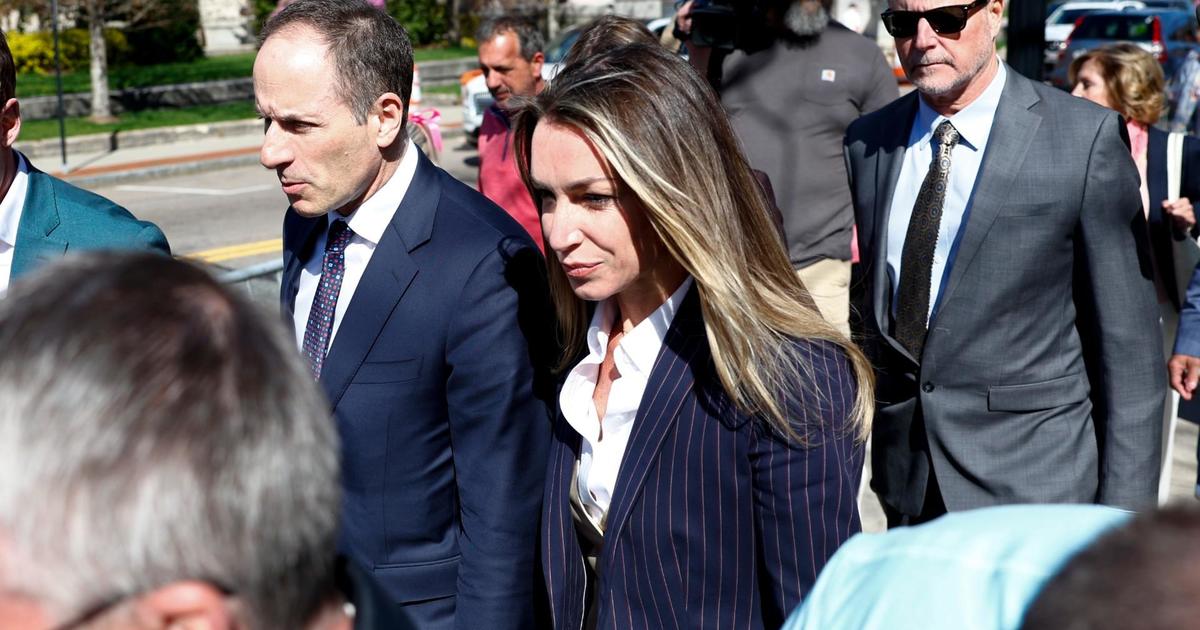Mass. Lawmakers Again Weighing Plans To Legalize Casinos
BOSTON (AP) -- Massachusetts political leaders are donning their poker faces as they try to cut a final deal legalizing casino gambling after years of noisy disagreements doomed earlier efforts.
Gov. Deval Patrick, House Speaker Robert DeLeo and Senate President Therese Murray -- all Democrats who support some kind of expanded gaming -- hope to agree to the broad outlines of a plan before a bill is filed.
The goal is to avoid the caustic rhetoric that pitted Patrick against DeLeo over the issue of allowing slot machines at some of the state's four racetracks. That clash killed hopes for a casino deal last year.
This time, the three are doing much of their negotiating out of public view. They're also taking their time to cut a deal.
DeLeo, who is one of the top supporters of expanded gambling, had hoped to get a final bill to Patrick's desk before lawmakers broke for their summer recess at the end of July.
DeLeo and Murray last week conceded that's not going to happen.
The two released a statement saying House and Senate lawmakers need more time to craft a bill and the public will need time to analyze the proposal.
"To allow for public analysis and a full debate, both branches plan to debate gaming legislation in September after Labor Day," the two wrote.
Lawmakers are also getting pressure from gambling interests that spent more than $1.3 million in the first six months of the year lobbying legislators.
An Associated Press review of lobbying records filed with the secretary of state's office showed no letup in the flood of dollars aimed at pressuring lawmakers.
The $1.35 million in lobbying dollars came from casino development firms, manufacturers of slot machines and federally recognized Indian tribes.
The top spender was Sterling Suffolk Racecourse, which runs the Suffolk Downs racetrack. The race course spent nearly $320,000 between January and June.
Gambling opponents spent about $33,200.
The biggest question is how the three will settle the question of slot machines at the racetracks.
During the final day of the Legislature's formal session last July, lawmakers passed a bill calling for three casinos and two slot parlors, to be bid on by the state's four racetracks.
Two of the tracks were in DeLeo's district -- Wonderland Greyhound Park in Revere and Suffolk Downs racetrack in East Boston. Wonderland has since closed.
Patrick rejected the racetrack slots, saying the contracts should be open to all qualified bidders. He sent a bill back to lawmakers with just three casino licenses, but lawmakers never acted on it.
Casino opponents had hoped that disagreement would again frustrate efforts to legalize expanded gambling.
Now they're saying that lawmakers should use the rest of the summer to commission an independent analysis about the pros and cons of casino gambling.
Critics have long complained that lawmakers have relied on overly optimistic estimates about the jobs and economic benefits of casinos.
"In light of the widely agreed fact that expanding predatory gambling is not economic development and very costly to taxpayers ... this looks like a good time for the Legislature to prove they are serious about transparency, accountability and their fiduciary responsibilities," said Kathleen Norbut of United to Stop Slots in Massachusetts.
Casino foes aren't the only ones keeping an eye on Massachusetts lawmakers.
In Rhode Island, supporters of a plan to allow poker, blackjack and other table games at a northern slot parlor say the state could lose as much as $100 million if neighboring Massachusetts authorizes casinos and the Ocean State does not.
Last month, Rhode Island state lawmakers voted to put the question on next year's ballot asking voters whether the Twin River slot parlor in Lincoln should be allowed to expand its offerings to include table games.
Twin River says the state could gain up to 650 jobs and $60 million in new state revenue if voters approve the question.
And they warn that Massachusetts stands to gain if Rhode Island fails to act.
"The threats from Massachusetts are real -- just a matter of time before the Commonwealth unveils its own gaming plans," spokeswoman Patti Doyle said last week.
In the meantime, Gov. Lincoln Chafee has called for a study to analyze all of the state's options when it comes to gambling, including table games at Twin River as well as a tribal casino.
In Maine, Secretary of State Charles Summers this week approved the wording for two questions on November's ballot regarding expanded gambling in Maine.
One of the questions asks if voters want to allow a casino with table games and slot machines in Lewiston. The other question asks if voters want to allow slot machine facilities at harness racing tracks in Biddeford and Washington County.
Even as they prepare for another casino push, Massachusetts lawmakers are trying to rein in other forms of gambling.
On Friday, DeLeo filed legislation that would ban so-called cyber cafes from selling Internet time or phone cards that allow customers to play online slots and other games at the "cafe."
Customers can win points redeemable for cash, but the Massachusetts Attorney General Martha Coakley said these businesses do not post odds or guarantee payouts.
In April, Coakley established regulations that banned these sales for the purpose of gambling.
(Copyright 2011 by The Associated Press. All Rights Reserved.)



